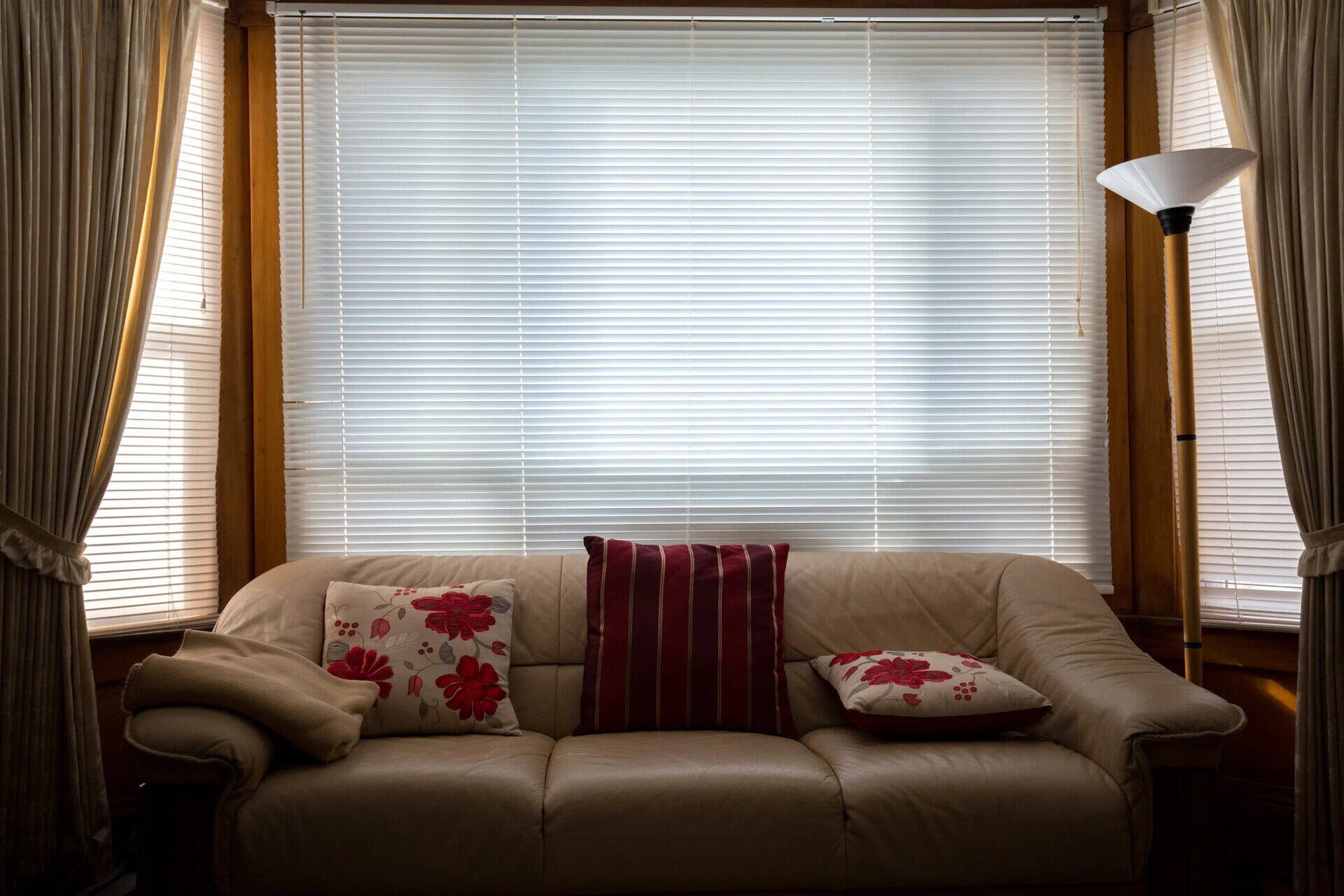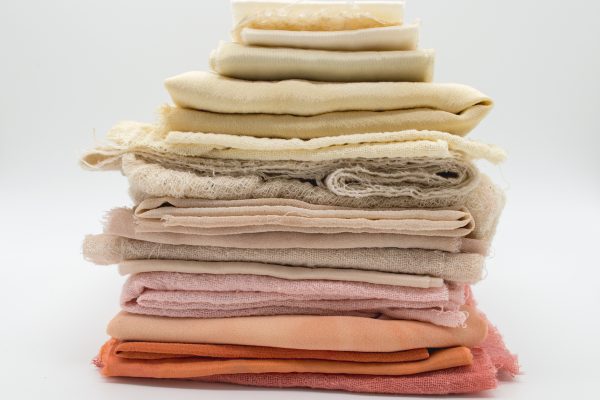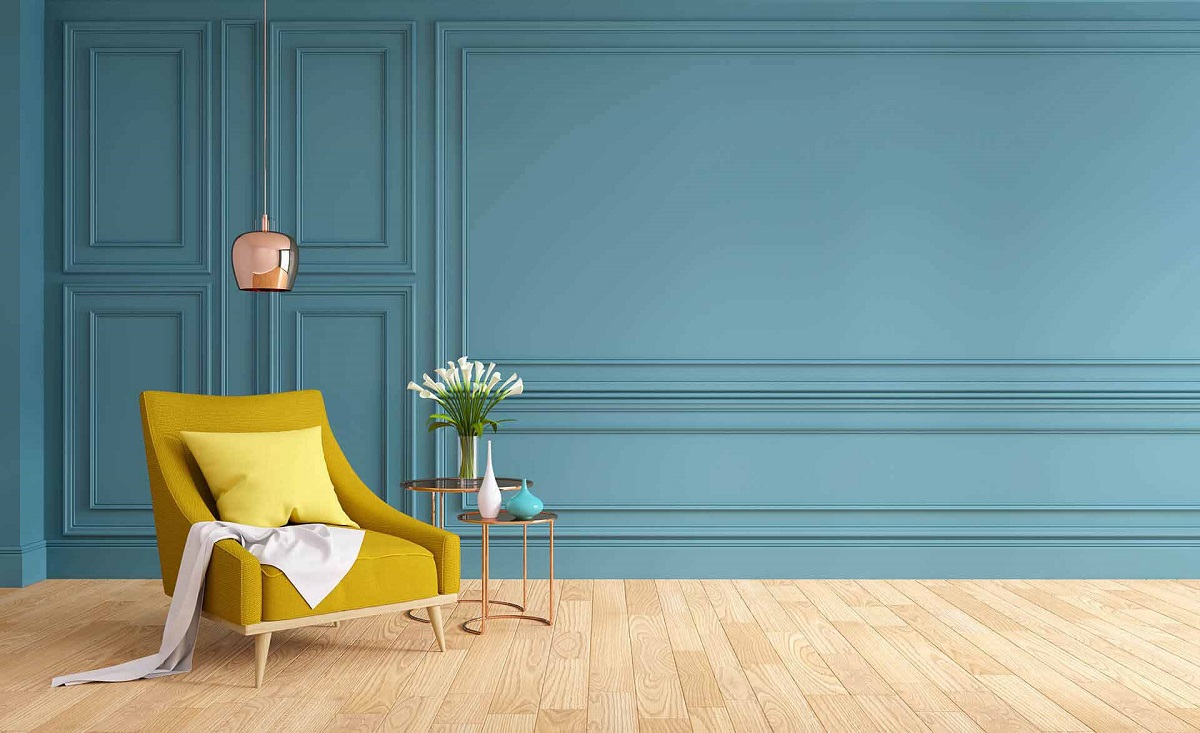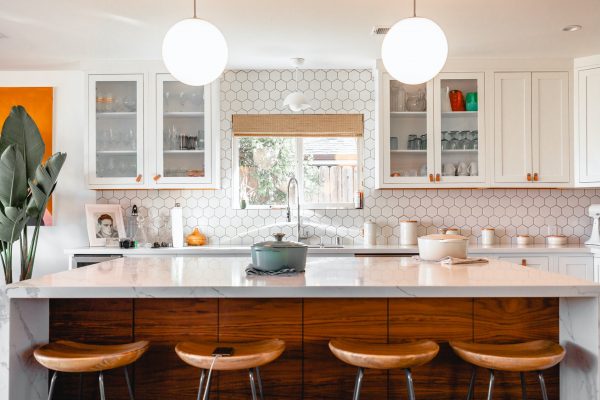

Articles
Blinds vs Curtains: Which Is Better?
Modified: February 23, 2024
Looking for articles comparing blinds and curtains? Discover the pros and cons of each to decide which is better suited for your home décor and privacy needs.
(Many of the links in this article redirect to a specific reviewed product. Your purchase of these products through affiliate links helps to generate commission for Storables.com, at no extra cost. Learn more)
Introduction
When it comes to window treatments, blinds and curtains are two popular options that can dramatically enhance the aesthetics and functionality of any space. Whether you are looking to add privacy, control light, or enhance your interior décor, choosing between blinds and curtains can be a tough decision.
Blinds are functional and versatile window coverings that come in various styles such as vertical blinds, horizontal blinds, and roller blinds. On the other hand, curtains are fabric panels that hang from a rod and provide a softer and more traditional look.
In this article, we will compare the pros and cons of blinds and curtains, and explore various factors that can help you make an informed decision. By understanding the strengths and weaknesses of each option, you’ll be better equipped to choose the window treatment that best suits your needs and preferences.
Key Takeaways:
- Blinds offer superior light control, privacy, and easy maintenance, making them ideal for those prioritizing functionality and modern aesthetics. They are also generally more budget-friendly than curtains.
- Curtains provide style, versatility, and enhanced insulation, catering to those seeking a cozy, personalized atmosphere. They offer greater customization options and can add a touch of elegance to any space.
Pros and Cons of Blinds
Benefits of Blinds
Blinds offer several advantages that make them a popular choice for many homeowners:
- Light Control: Blinds provide excellent control over the amount of light entering a room. You can easily adjust the slats to let in natural light or block it out completely, giving you the flexibility to create the desired ambiance.
- Privacy: Blinds offer superior privacy compared to curtains. With a simple adjustment of the slats, you can prevent prying eyes from peering into your home while still allowing natural light to filter through.
- Energy Efficiency: Blinds, especially those made from insulating materials like cellular blinds, can help regulate the temperature in your home. They provide an extra layer of insulation, reducing heat loss in the winter and heat gain in the summer. This can contribute to energy savings and lower your utility bills.
- Durability: Blinds are typically more durable than curtains, especially those made from high-quality materials such as aluminum or wood. They are less likely to fade, tear, or fray, making them a long-lasting investment.
- Easy Maintenance: Blinds are generally easy to clean and maintain. Unlike curtains that require regular washing, blinds can be wiped clean with a damp cloth or dusted with a brush or vacuum attachment.
Drawbacks of Blinds
Despite their many benefits, blinds have a few drawbacks that you should consider:
- Limited Style Options: While blinds offer versatility in terms of light control, their design options can be more limited compared to curtains. They may not be available in as many colors, patterns, or fabric choices, which can impact the overall aesthetic of your space.
- Noise: Blinds, particularly those with metal slats, can create noise when they are being opened or closed. This can be a concern for those looking to maintain a quiet and peaceful environment.
- Less Insulating: While certain types of blinds offer insulation benefits, most blinds do not provide the same level of insulation as curtains. If you live in an extremely hot or cold climate, you may need additional window coverings to achieve optimal energy efficiency.
Pros and Cons of Curtains
Read more: Porcelain vs Ceramic Tile: Which Is Better
Benefits of Curtains
Curtains have their own set of advantages that make them a popular choice for many homeowners:
- Style and Versatility: Curtains come in a wide range of colors, patterns, and fabrics, allowing you to customize your window treatment to match your personal style and home décor. They can add a touch of elegance, warmth, or coziness to any room.
- Sound Insulation: One of the biggest advantages of curtains is their ability to absorb sound. Thick, heavy curtains made from dense fabrics are particularly effective in reducing external noise, making them a great choice for bedrooms or areas where noise control is important.
- Enhanced Insulation: Curtains can provide additional insulation to your windows, helping to regulate the temperature in your home. They can block out drafts in the winter and prevent heat from entering in the summer, improving energy efficiency and potentially reducing heating and cooling costs.
- Softness and Warmth: Curtains add a soft and cozy touch to any space. The flowing fabric creates a warm and inviting atmosphere, making curtains especially suitable for living rooms, bedrooms, and other areas where comfort is a priority.
- Customization: With curtains, you have the flexibility to choose various lengths, styles, and hanging options such as pleats, grommets, or tabs. This allows you to create a customized look that perfectly fits your windows and complements your décor.
Drawbacks of Curtains
While curtains offer many advantages, they also have a few drawbacks to consider:
- Difficult to Clean: Curtains require more maintenance compared to blinds, as they tend to collect dust and may need regular washing. Depending on the fabric, curtains may be more challenging to clean, particularly if they are delicate or require professional dry cleaning.
- Less Privacy: Unlike blinds, curtains can offer limited privacy during the day, especially if they are made of sheer or lightweight fabrics. While blackout curtains can provide enhanced privacy, they may also block out natural light completely.
- Less Control over Light: While curtains can be adjusted to allow varying amounts of light into a room, they do not offer the same level of precise light control as blinds. If you require precise light manipulation, curtains may not be the best option.
- Potential Fading: Over time, curtains exposed to sunlight may fade or become discolored. This can be a concern if your curtains are in a room with direct sunlight for long periods.
Comparison between Blinds and Curtains
Now let’s delve into the key factors that can help you determine which option – blinds or curtains – is best for you:
Cost-effectiveness
When it comes to cost, blinds are generally more budget-friendly than curtains. Blinds tend to be lower in price and offer a range of affordable options, especially if you opt for materials like PVC or aluminum. However, high-end blinds made with premium materials can be more expensive. On the other hand, curtains can vary widely in price depending on the fabric, length, and customizations. While you can find inexpensive options, luxurious or custom curtains can be quite costly.
Read more: Food Processor vs Blender: Which is Better?
Light Control
Blinds provide excellent control over light intensity and direction. By adjusting the slats, you can easily regulate the amount of light entering a room, from allowing in a soft glow to completely blocking out sunlight. Curtains, although they can be paired with a liner or blackout fabric, generally offer less precise control over light. Due to their nature, curtains can filter light but are not as effective in complete light blockage.
Privacy
Blinds are known for providing superior privacy since they allow you to adjust the slats to prevent outsiders from seeing inside your home. On the other hand, curtains, especially lightweight or sheer fabrics, may offer limited privacy during the day when they are drawn. However, blackout curtains or thicker fabrics can provide enhanced privacy, especially at night.
Style and Versatility
Curtains are often chosen for their decorative value, as they come in a wide array of colors, patterns, and fabrics, allowing you to add a touch of personality to your space. They can create a softer and more elegant look. Blinds, on the other hand, offer a sleek and modern aesthetic. While they may have fewer style options, they come in various materials and finishes to suit different décor styles, from classic to contemporary.
Maintenance and Cleaning
In terms of maintenance, blinds are generally easier to clean and maintain. They can be wiped clean with a damp cloth or dusted regularly. Some blinds may require occasional deep cleaning, depending on the material. On the other hand, curtains tend to collect dust and may require regular washing. Depending on the fabric, they may require special care, such as professional dry cleaning or delicate hand washing.
These factors can help guide your decision when choosing between blinds and curtains. Consider your priorities, lifestyle, and the specific needs of your space to determine which option aligns best with your requirements.
Read more: Linoleum Vs Vinyl Flooring: Which is Better?
Factors to Consider When Choosing between Blinds and Curtains
While weighing the pros and cons of blinds and curtains is important, there are several other factors to consider that can help you make a well-informed decision:
Room Function and Usage
Consider the function and usage of the room where you plan to install window treatments. For example, in bedrooms, privacy and light control are often key considerations, making blackout curtains or blinds a popular choice. In kitchens and bathrooms, where moisture and odors are present, blinds made from materials resistant to humidity might be a more practical option.
Window Size and Type
The size and type of windows you have can also influence your decision. Blinds are a great option for large windows or floor-to-ceiling windows, as they can cover a wide area and offer a streamlined look. On the other hand, curtains can add height and visual interest to smaller or standard-sized windows, making them appear larger and more dramatic.
Personal Style and Décor Preferences
Your personal style and décor preferences play a significant role in choosing between blinds and curtains. If you prefer a more modern and minimalist look, blinds may be the better choice. If your style leans towards a traditional, cozy, or eclectic vibe, curtains can offer the softness, texture, and customization options to complement your aesthetic.
Allergies and Sensitivities
If you or someone in your household has allergies or sensitivities, it’s important to consider the materials used in blinds and curtains. Some individuals may be sensitive to dust or allergens that can be collected on blinds or curtains. In such cases, choosing hypoallergenic materials or easy-to-clean options like blinds made from PVC or curtains that can be washed frequently may be advisable.
By considering these factors along with the pros and cons of blinds and curtains, you can make an informed decision that aligns with your needs, style preference, and the specific requirements of your space.
Conclusion
Choosing between blinds and curtains ultimately depends on your specific needs, preferences, and the style of your space. Both options offer their own set of advantages and disadvantages, and considering key factors can help you make the right decision.
If you prioritize light control, privacy, and easy maintenance, blinds may be the ideal choice. They offer precise light manipulation, superior privacy, and are generally easier to clean. Blinds also tend to be more budget-friendly and can provide a sleek, modern aesthetic.
On the other hand, if you value style, versatility, and enhanced insulation, curtains might be the better option. Curtains come in a variety of colors, patterns, and fabrics, allowing you to express your personal style and create a cozy atmosphere. They offer greater customization options and can provide additional insulation and sound absorption benefits.
Consider factors such as room function, window size, personal style, and any allergies or sensitivities when making your decision. Keep in mind that you can also choose to combine blinds and curtains for the best of both worlds, such as using blinds for light control and privacy and layering curtains for style and added insulation.
Ultimately, your choice between blinds and curtains should align with your unique needs, desired functionality, and aesthetic vision for your space. By carefully considering the pros and cons of each option and evaluating the specific requirements of your room, you can make an informed decision and select a window treatment that enhances both the functionality and beauty of your home.
Frequently Asked Questions about Blinds Vs Curtains: Which Is Better?
Was this page helpful?
At Storables.com, we guarantee accurate and reliable information. Our content, validated by Expert Board Contributors, is crafted following stringent Editorial Policies. We're committed to providing you with well-researched, expert-backed insights for all your informational needs.












0 thoughts on “Blinds vs Curtains: Which Is Better?”